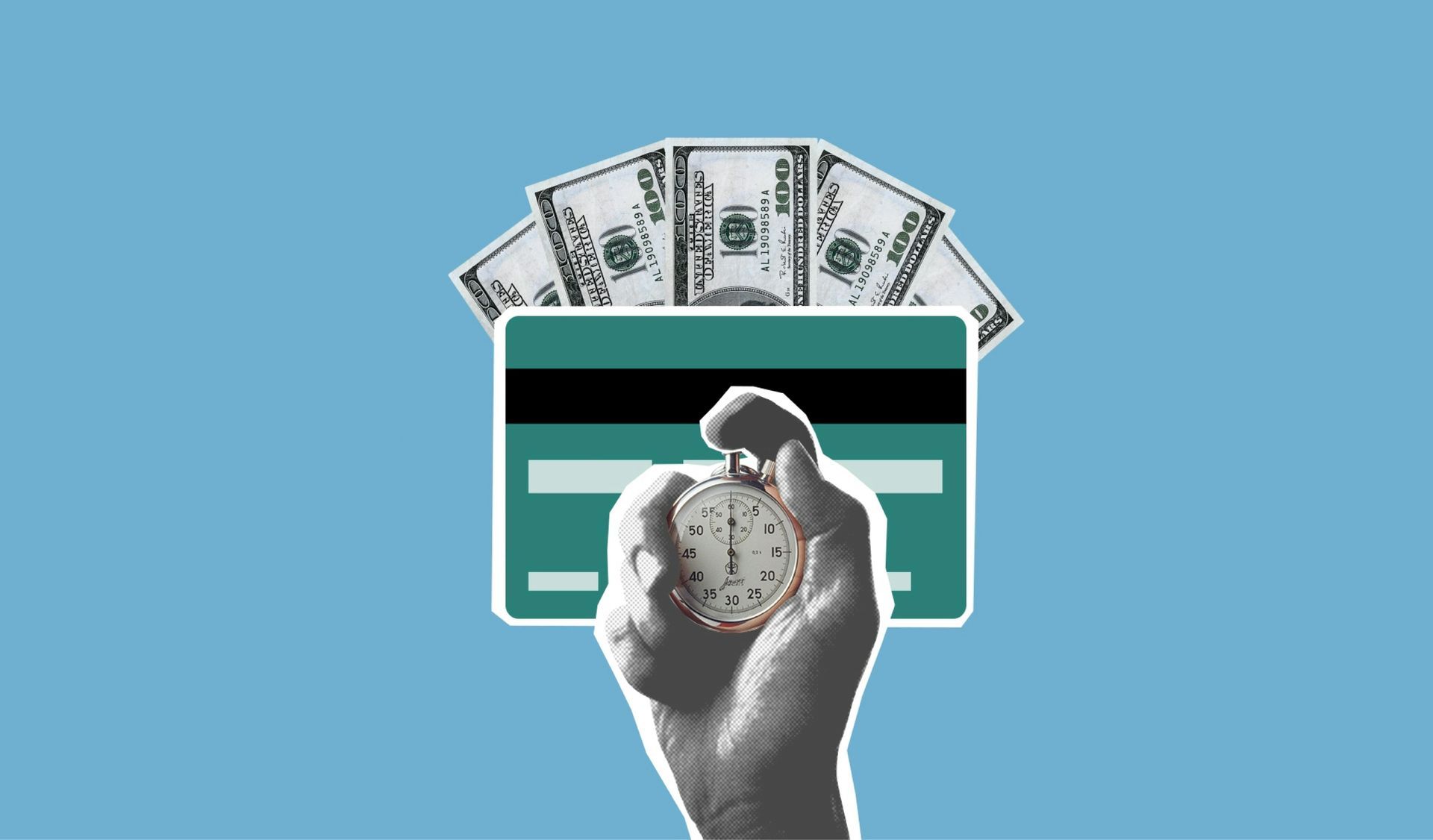Battling Bad Credit Debt: Consolidation Loan vs. Debt Relief - Picking Your Path to Freedom
Beyond Bad Credit Debt: Exploring Consolidation Loans and Debt Relief Solutions

Drowning in high-interest debt with a less-than-stellar credit score can feel like an uphill battle. But fear not, fellow warriors! There are strategies to combat this financial foe. Two options that stand out are consolidation loans and debt relief programs. Let's delve into the trenches of each approach and help you choose the weapon that best suits your fight.
Consolidation Loan: Regrouping for a Frontal Assault
A consolidation loan is a personal loan you take out to pay off your existing debts, typically credit cards. Here's a breakdown of its advantages and disadvantages when wielding it against bad credit debt:
Pros:
- Potentially Lower Interest Rates: While consolidation loan rates might be higher for borrowers with bad credit, they can still be significantly lower than credit card interest rates. This translates to potential long-term savings.
- Simpler Management: Consolidation simplifies your debt by combining it into a single, predictable monthly payment. This helps with budgeting and eliminates juggling multiple bills.
- Credit Score Improvement Potential: On-time payments on your consolidation loan can positively impact your credit score over time, building a path to better financial opportunities.
Cons:
- Qualification Challenges: Obtaining a consolidation loan often requires a minimum credit score, which can be difficult for borrowers with bad credit.
- Temptation to Re-rack Up Debt: Paying off existing balances with a consolidation loan can be freeing, but the temptation to use those cards again is real. Maintaining spending discipline is crucial.
- Longer Repayment Term: Consolidation loans often come with longer repayment terms compared to aggressively paying off debt. This means you'll be paying interest for a longer period.
Debt Relief: A Negotiated Surrender?
Debt relief programs involve working with a company that negotiates with your creditors to settle your debts for less than the amount you owe. Let's explore the benefits and drawbacks of this approach:
Pros:
- Faster Debt Reduction: Debt relief programs can significantly reduce your debt in a shorter timeframe compared to traditional repayment methods.
- Reduced Monthly Payments: Debt settlement negotiations often lead to lower monthly payments, providing immediate financial relief.
- Potential for Improved Mental Well-being: The burden of overwhelming debt can be mentally stressful. Debt settlement can offer a quicker path to financial freedom, improving emotional well-being.
Cons:
- Credit Score Damage: Debt settlements can significantly damage your credit score for several years, making it difficult to access loans or credit cards in the future.
- Upfront Fees: Debt relief companies typically charge upfront fees based on a percentage of the enrolled debt.
- Tax Implications: Forgiven debt exceeding $600 may be considered taxable income by the IRS.
Choosing Your Champion: A Strategic Decision
The best option depends on your individual circumstances. Here are some key factors to consider:
- Severity of Debt: Debt relief can be a good option for those facing overwhelming debt burdens.
- Financial Goals: If rebuilding your credit score is a priority, a consolidation loan might be the better choice despite potentially higher interest rates.
- Discipline and Patience: Debt relief requires patience as the process takes time. Consolidation loans require strict budgeting and discipline to avoid further debt.
Remember:
- Explore Options: Research and compare rates for both consolidation loans and debt relief programs.
- Seek Guidance: Consider consulting with a credit counselor to gain personalized advice on your situation.
- Understand the Impact: Debt relief can be a powerful tool, but understand the potential long-term impact on your credit score.
By carefully evaluating your situation and considering the pros and cons of each approach, you can strategically choose the path that leads you out of the debt battlefield and towards financial freedom. Remember, knowledge and planning are your most valuable weapons in this fight.



